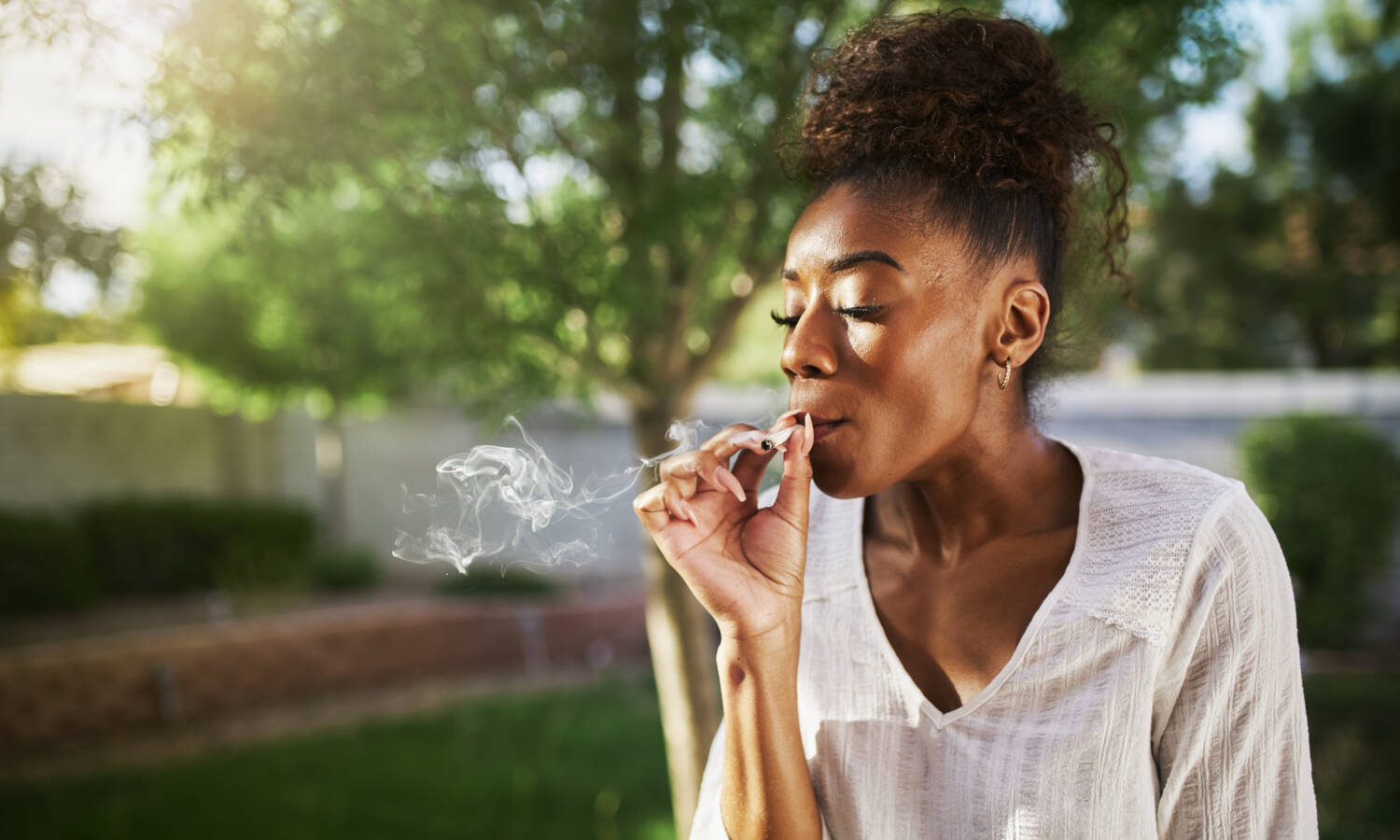
Cannabis has long been stigmatized as a drug that’s dangerous, destructive, and meant only for the lazy and unmotivated. However, the legalization of cannabis has given rise to a new generation of parents who use it to help with the challenges of parenthood.
Dubbed as “cannamoms,” these parents are the subject of a budding movement that continues to gain traction across the United States. Cannamoms are mothers who are fighting for the right to use cannabis to help parent, to become better caregivers, and to fight against the stigma of being cannabis users.
As more and more states legalize cannabis, and social attitudes around the drug continue to shift, the stories of cannamoms offer a new perspective on the benefits of cannabis, and the role it can play in parenting.

The origin story of cannamoms is rooted in the history of medical cannabis use. Mothers advocating for the use of medical marijuana for their children with disabilities brought the idea of cannabis as a medicine to the mainstream. These mothers saw the benefits of the plant, and soon began to use it themselves. What started as a grassroots movement is now a national conversation, with cannamoms advocating for the legalization of cannabis for all adults.
Cannamoms attest to the benefits of cannabis when it comes to parenting. They use it to become more emotionally available to their kids, to tune in rather than tune out. Danielle Simone Brand, a cannamom and author of the book “Weed Mom,” told Florida’s WESH 2 News that “cannabis has given me back sleep. It is truly a wellness tool, dose-dependent, product dependent, you know, not at all just a one size fits all kind of thing. But with cannabis literacy, with some education, there are all kinds of ways that moms can do this.”
Cannamoms like Brand aren’t using cannabis to escape their responsibilities, but to improve their ability to manage their daily lives and be better parents.
RELATED: Are Weed Moms The New Wine Moms?
Parenting is a challenging task that comes with its own set of struggles. Dealing with sleepless nights, temper tantrums, and the stress of raising a family can take a toll on one’s mental health. Cannamoms have found that cannabis helps them deal with these challenges by reducing stress and anxiety. It provides a calming effect, allowing them to tackle difficult situations in a more relaxed state. Cannamom Jaygoda notes that “once my family started seeing how relaxed I was, how more present I was, how happier that was, how I was able to maneuver my day, they stopped coming after what I was doing.”

Cannabis isn’t a substitute for dealing with the challenges of being a parent; instead, it’s a means of reducing stress and dealing with the overwhelming situations that come with raising a family. Cannamoms are just like any other parent; they want to do what’s best for their children, and cannabis helps them achieve that goal.
RELATED: How Cannabis Can Make You A Better Parent And Partner
The stigma surrounding cannabis use is still very much alive, and it’s important to address it, particularly when it comes to the impact on children. Kids need to see good examples of cannabis smokers since they model adults. Current education on drugs makes it taboo, which means kids learn by themselves. Therefore, good role models and creating a distinction between “adult activity” and “child activity” will help cement drug education in future generations.
Cannamoms are breaking down the stereotype of the lazy, unproductive stoner and showing their children that responsible cannabis use is not only safe but also beneficial.
While cannamoms may be paving the way for a new era of cannabis acceptance and legalization, it is not without its challenges. Cannabis remains illegal at the federal level, and many states have yet to legalize it for both medical and recreational purposes. The stigma surrounding cannabis use, particularly for parents, is still prevalent.
RELATED: Should New Moms Stop Using Cannabis?
Cannamoms face criticism from those who view their use of cannabis as an irresponsible choice that can negatively impact their children. This view fails to take into account the many benefits that can come with cannabis use, including improved health and well-being for parents, and ultimately, better parenting.

Despite these challenges, cannamoms continue to fight for their right to use cannabis, for themselves and their children. By speaking out and sharing their stories, they are helping to shift the cultural narrative around cannabis use and parenting. They are also paving the way for future generations, who may grow up in a world where cannabis use is fully accepted and normalized.
In the end, the cannamom movement is not just about cannabis, but about creating a society where parents have the tools they need to be the best parents they can be. Cannabis may be one of those tools, but it is not the only one. By opening up a dialogue and creating a space for parents to share their experiences, cannamoms are contributing to a larger conversation about what it means to be a good parent, and what resources and support parents need to thrive.
RELATED: Why Cannabis Consuming Parents Need The Protection Of Child Welfare Laws
The cannamom movement is about empowering parents to make informed choices about their health and well-being, and about creating a culture where all parents, regardless of their choice to use cannabis or not, are valued and supported.
The cannamom movement is about more than just cannabis. It is about fighting for the right to make informed choices about our health and well-being, and about breaking down the stigma and shame that has long been associated with cannabis use. By sharing their stories and fighting for their rights, cannamoms are creating a more inclusive and accepting society, one where parents can feel empowered to be their best selves and provide the best possible care for their children.
The cannamom movement is a reminder that, in the end, we are all just parents trying to do our best, and that we all deserve the support and resources we need to succeed.
This article originally appeared on Cannabis.net and has been reposted with permission.



